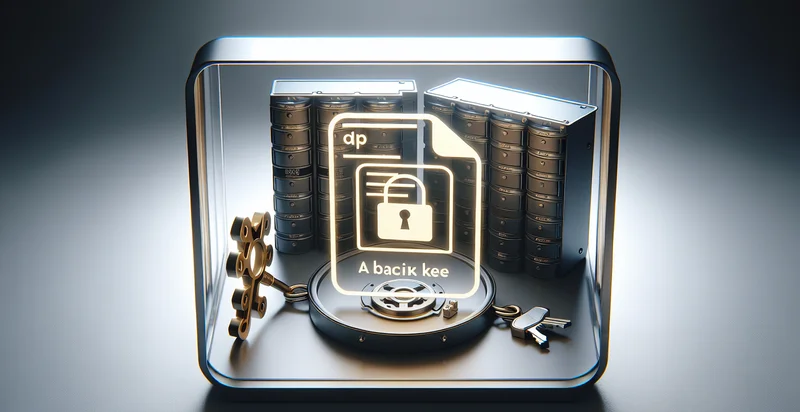Identify if private key is in a backup file
using AI
Below is a free classifier to identify if private key is in a backup file. Just input your text, and our AI will predict if the private key is stored in a backup file - in just seconds.

Contact us for API access
Or, use Nyckel to build highly-accurate custom classifiers in just minutes. No PhD required.
Get started
import nyckel
credentials = nyckel.Credentials("YOUR_CLIENT_ID", "YOUR_CLIENT_SECRET")
nyckel.invoke("if-private-key-is-in-a-backup-file", "your_text_here", credentials)
fetch('https://www.nyckel.com/v1/functions/if-private-key-is-in-a-backup-file/invoke', {
method: 'POST',
headers: {
'Authorization': 'Bearer ' + 'YOUR_BEARER_TOKEN',
'Content-Type': 'application/json',
},
body: JSON.stringify(
{"data": "your_text_here"}
)
})
.then(response => response.json())
.then(data => console.log(data));
curl -X POST \
-H "Content-Type: application/json" \
-H "Authorization: Bearer YOUR_BEARER_TOKEN" \
-d '{"data": "your_text_here"}' \
https://www.nyckel.com/v1/functions/if-private-key-is-in-a-backup-file/invoke
How this classifier works
To start, input the text that you'd like analyzed. Our AI tool will then predict if the private key is stored in a backup file.
This pretrained text model uses a Nyckel-created dataset and has 2 labels, including Private Key Found and Private Key Not Found.
We'll also show a confidence score (the higher the number, the more confident the AI model is around if the private key is stored in a backup file).
Whether you're just curious or building if private key is in a backup file detection into your application, we hope our classifier proves helpful.
Related Classifiers
Need to identify if private key is in a backup file at scale?
Get API or Zapier access to this classifier for free. It's perfect for:
- Data Security Compliance: Organizations can utilize the private key identifier to ensure compliance with data protection regulations by scanning backup files for sensitive information. This proactive measure helps in identifying potential leaks or violations, ultimately safeguarding customer data.
- Incident Response: In the event of a data breach, companies can quickly assess backup files to determine if any private keys are compromised. This capability enables rapid incident response, facilitating timely remediation and minimizing potential damages.
- Backup Integrity Checks: Regularly scanning backup files for private keys can form part of routine integrity checks. This ensures that backups have not inadvertently stored sensitive information, allowing organizations to maintain a secure backup strategy.
- Cloud Security Management: Businesses using cloud services can monitor backup files for private keys to enhance their security posture. Identifying unauthorized storage of sensitive keys in cloud backups prevents vulnerabilities that could be exploited by malicious actors.
- Regulatory Audits: During audits, organizations can rapidly retrieve reports indicating whether private keys exist in backup files. This capability streamlines the audit process and demonstrates due diligence in managing sensitive cryptographic materials.
- Risk Assessment and Mitigation: Companies can leverage the identifier tool to assess risks associated with backup files containing private keys. By identifying these risks, organizations can implement strategies to mitigate potential threats to their cryptographic assets.
- Data Loss Prevention (DLP): The identifier can be integrated into data loss prevention strategies to monitor all backup activities. By detecting private keys in backup files, businesses can enforce policies that prevent accidental exposure or malicious extraction of critical cryptographic information.


